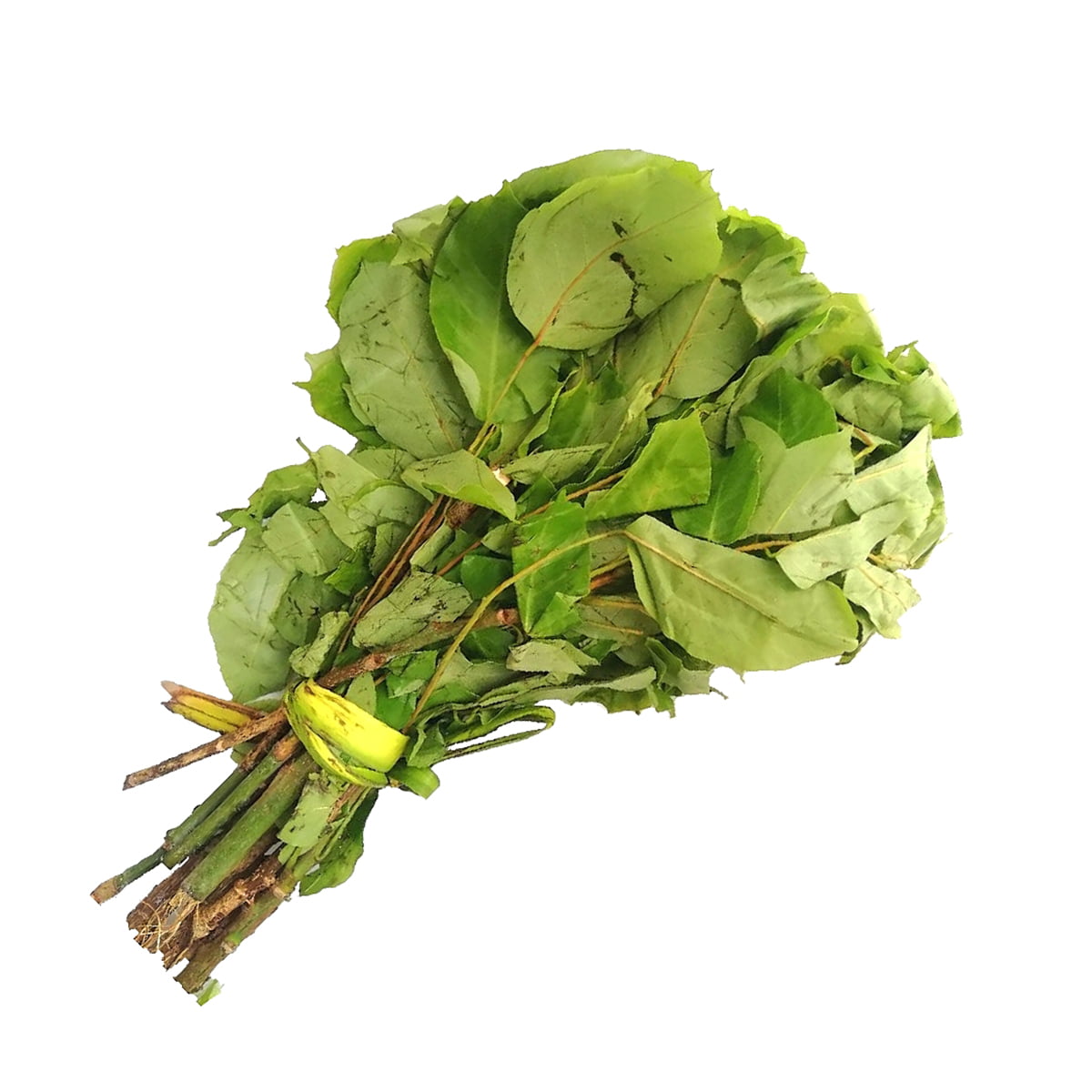Description
Origin:
Indigenous to West Africa, particularly Nigeria.
Other Names:Yoruba: “Ewe Oha” (though less commonly used)
Igbo: “Oha”
Hausa: ” Madobiyar rafi ”
Health Benefits:
Rich in vitamins A and C, supporting immune function and eye health.
Contains calcium and magnesium, which are important for bone health.
May have anti-inflammatory properties.
Nutritional Information (per 100g):Calories: ~32 kcal
Protein: 3g
Fat: 0.4g
Carbohydrates: 7g
Fiber: 2.1g
Fun Fact: Did you know?
Oha leaves are traditionally hand-torn rather than cut, as cutting is believed to alter the taste and texture of the leaves in soups.
Uses:
Commonly used in “Oha Soup,” a traditional Igbo delicacy.
Links to Recipes & Videos: International Recipe: Oha Soup
Local Recipe: Traditional Oha Soup
International Video: Oha Soup Recipe
Local Video: How to Cook Oha Soup
Best Storage Method: Wrap the leaves in a damp cloth or paper towel and store them in a perforated bag in the refrigerator.
Shelf Life: 2-3 days in the fridge.
Notes: Blanching and freezing can extend the shelf life up to 3 months.

 Cart is empty
Cart is empty 











Reviews
There are no reviews yet